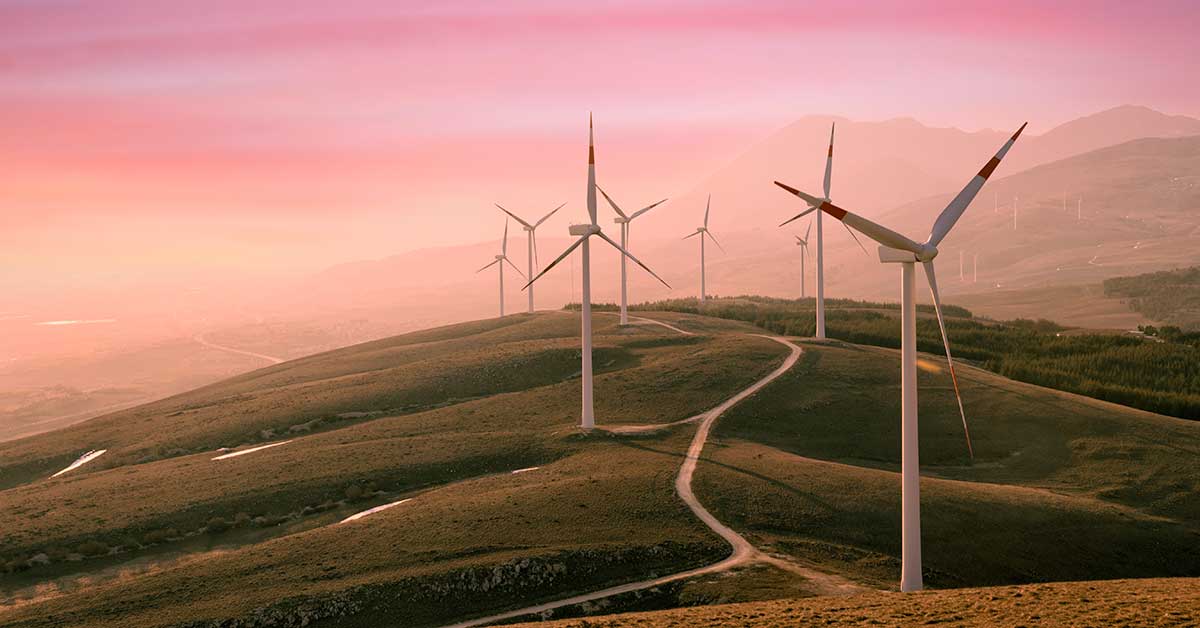Are the agendas of the digital economy and the green economy compatible? "Today these two agendas are not compatible, but we must make them so" is the summary of the conference with María Salamero from Agbar and Jordi Arrufí from the Mobile World Capital
Are the agendas of the digital economy and the green economy compatible? To answer this question, the UPF Barcelona School of Management has organized a virtual meeting in the context of World Environment Day with Maria Salamero, director of Institutional Relations, Social Action and Sustainability at Aigües de Barcelona and Jordi Arrufí, digital Transformation Projects Director at the Mobile World Capital Barcelona and Executive MBA alumni UPF Barcelona School of Management.
Josep Maria Galí, Vice-Dean of Executive Education at UPF Barcelona School of Management has moderated the debate and introduced the topic, wondering if: "The green economy does not have an agenda, it is an agenda that responds to a problem. And now It seems that politics and capital have realized that it is necessary to solve this problem or our children are going to have a very hard life on Earth. "
Galí affirms that the agenda of the green economy is "to save humanity", while "the application of the agenda of the digital economy in the green economy can be a tremendously positive contribution". But, he has warned that the digital economy can be like atomic energy: "It can be used to detect tumors or to destroy a city."
Then Arrufí spoke: "The answer to the dilemma that arises is it depends. Within the green economy agenda, digitization has to be a fundamental lever." Arrufí began his presentation with the "saddest" part of history: "Technological infrastructures, computers, mobiles, are generating 4% of the total emissions generated by economic activity. It is expected that in 2040 it will reach 14%" .
The MWCapital spokesperson continued to speak about the "positive" part of the story: "2020 has been the most digital year and also the year in which CO2 emissions have been reduced the most. Many technologies have contributed to this reduction, such as videoconferencing, industry 4.0, 3D printing, the sharing economy, smart buildings with predictability, precision agriculture ... ".
"The balance will be positive, the consumption or contribution to the emission of polluting gases of the digital economy until 2030 will be seven times lower than the capacity of the industry to reduce gases in all the activities they emit, the digital agenda will contribute to the green agenda, "concluded Arrufí.
Maria Salamero has continued stating that "today these two agendas are not compatible, but we must make them so." But there is hope, the role of ICT can help in three ways:
- Productive model: reducing the direct effects that the production, distribution and elimination of these technologies have on the environment.
- Better environmental management: how ICT can enable the development of ecology through improvements in production processes.
- Involving citizens in the ecological transition with technology: how we support these systemic effects that result from the transformation of behavior, attitudes, values of individuals, citizens and consumers, making the ICT industry can play a key role in making this visible impact it has on the environment
